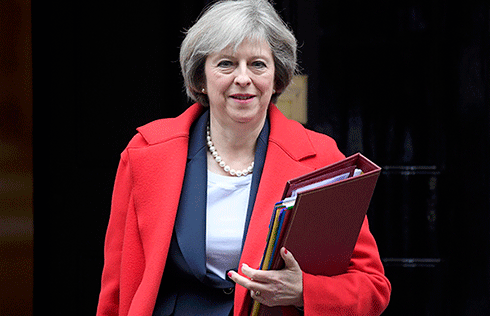New ROK govt to increase defense spending
The new government of the Republic of Korea will increase defense spending in light of Pyongyang's third nuclear test while maintaining its insistence on the reunification of the Korean Peninsula, a government transition team said on Thursday.
Amid high tensions created by the Democratic People's Republic of Korea's nuclear test on Feb 12, the ROK defense budget will be increased at a higher rate than the overall state budget, Yonhap News Agency quoted an official from the transition team as saying.
 |
Observers said Seoul's stance toward the DPRK showed the ROK is relatively restrained toward its neighbor, interpreting the announcement as a gesture of goodwill, which will contribute to easing tension on the Korean Peninsula.
The announcement by the new government shows that Seoul's stance toward the DPRK is constructive, said Gong Yuzhen, an international affairs professor at the Peking University. The announcement indicates that Park's government would like to ease tension on the Korean Peninsula, and it is good for the stability of the region, Gong said.
It shows that Park's government understands that military countermeasures will trigger more antipathy from the DPRK, and easing the situation on the Korean Peninsula needs a comprehensive solution, Gong said.
The announcement does not completely close the window of communication with the DPRK and won't further provoke the country, said Huang Youfu, a researcher on Korean studies at the Minzu University of China.
During her election campaign in 2012, Park said she would adjust her predecessor Lee Myung-bak's "negative policies" toward Pyongyang, build trust between the ROK and the DPRK and promote the development of both countries.
The DPRK has traditionally sought to test the mettle of new ROK leaders taking office, sometimes with a view to forcing Seoul ― and the United States ― into negotiations, AFP reported.
Park needed to move swiftly and "proactively" to position the ROK as the chief international mediator with the DPRK, Moon Chung-in, a politics professor at Yonsei University, was quoted by AFP as saying.
"That way Park will enjoy more diplomatic leverage with China and the US than before. So she needs to take a more open and proactive stance," Moon said.
Inter-Korean contacts have been effectively frozen since Seoul accused Pyongyang of torpedoing one of its warships in March 2010, and halted almost all trade and aid to the DPRK.
The DPRK denied involvement, but went on to shell an island on the ROK side of their disputed maritime border in November 2010, leaving four people dead and sparking brief fears of a full-scale conflict.
Paik Hak-soon, a DPRK analyst at the Sejong Institute think tank, told AFP that the hard-line stance of Park's predecessor, Lee, had failed to produce any results and should be discarded.
"If Park takes a confrontational stance, she will end up repeating the same mistakes as Lee, who not only failed to curb the North's nuclear ambitions, but also saw inter-Korea relations worsen," Paik said.
"She needs to act as soon as possible to restart a dialogue, though it won't be politically easy."
According to the transition team, the new government's key vision and goals also include building a job-oriented creative economy, providing tailored welfare services, leading a life of culture and creativity education and establishing a safe and integrated society.
AFP contributed to this story.

























